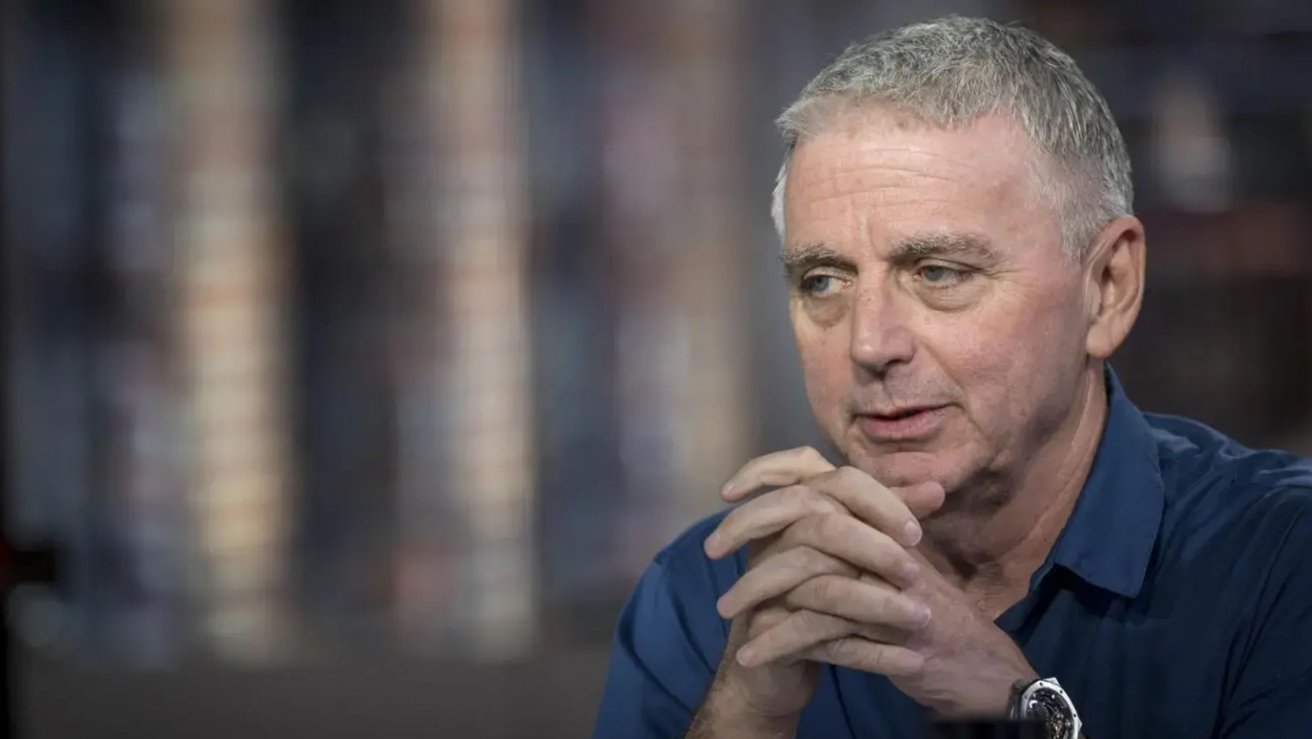Game tool maker Unity announced Monday the abrupt retirement of its colorful CEO, weeks after the company announced a change to its license scheme that left developers fuming.
Unity, which got its start almost 20 years ago on the Mac, provides game developers with tools to help them create and monetize games, then deploy on a wide number of platforms including iOS and macOS. Unity maintains dominance in the mobile games space, competing with Epic Games’ Unreal Engine for the attention of PC and console-oriented developers.
Games made using the company’s tools are some of the most popular found on Android devices and iPhones, such as Niantic’s Pokemon Go, Blizzard’s Hearthstone and Ustwo Games’ Apple Design Award winner, Monument Valley. Apple identified Unity as a development partner for the Vision Pro when it first unveiled the device.
In a press release posted after Monday’s market close, Unity announced that John Riccitiello retired as the company’s chairman, president and CEO “effective immediately.”
It’s an abrupt change to the leadership of Unity for almost the past decade. Riccitiello, who took over the CEO role from Unity founder David Helgason, oversaw a number of changes at Unity during his tenure, including numerous acquisitions, an Initial Public Offering (IPO) and rounds of layoffs.
Unity board member Roelof Botha steps into the chairman role vacated by Riccitiello. Botha praised Riccitiello’s leadership on both the board and in the executive C suite, guiding the company through its IPO and other challenges.
“John joined the Unity Board in 2013 and stepped in to lead the Company in 2014, at a time when we faced significant challenges,” said Botha.
Prior to Unity, Riccitiello served as video game publisher Electronic Arts’ president and CEO. He also cofounded venture capital firm Elevation Partners.
Riccitiello is an outspoken figure in the game industry who has drawn a fair share of controversy during his Unity tenure.
A former executive at Unity accused him and several others of sexual harassment in 2019, in a case that’s still ongoing in the California courts.
In a 2022 interview, Riccitiello accused developers who don’t consider monetization early in their creative process to be “f— -king idiots,” later apologizing after Unity’s customers took issue.
The quest for profits
Riccitiello oversaw dramatic changes to Unity over the years but was never able to make the company profitable. He emphasized revenue growth over profits and defended the company’s portfolio of acquisitions as important strategic wins.
The quest for profits led Unity to implement sweeping changes to its licensing which will be implemented beginning in January, 2024.
But it was Unity’s fumbled September decision to change those licensing terms that would seem to have put the final nail in the coffin for Riccitiello’s CEO tenure.
It was then that Unity announced plans to impose a convoluted new runtime fee policy to replace its flat fee per seat license model. Unity presented the new fee structure as pro-developer, compared to a revenue share, pointing to carveouts regarding income and volume.
Many developers who did the math themselves said they’d end up paying much more. They complained that Unity failed to account for bundle deals, demos, charity giveaways and other circumstances where paying per install would be unfairly burdensome, and questioned the company’s plans to use proprietary software to track installations.
Riccitiello initially planned to address the controversy at a town hall-style meeting, but those plans were scuppered following a “credible threat” made to the company’s offices, allegedly from a Unity employee.
Unity announced changes to the licensing plan to appease critics almost as soon as it was announced, and ended up reworking it entirely and walking back some of the more controversial aspects all together, such as the proprietary tracking system.
Since then, Unity and its executives have done their best to stay out of the limelight.
Replacing Riccitiello as CEO and president is IBM’s former president Jim Whitehurst, who left IBM in 2021 during a senior management shakeup. Whitehurst is an interesting choice — unlike Riccitiello he has no prior game industry experience, having come to IBM through its acquisition of Red Hat in 2019, where he had been CEO. Prior to that he worked at Delta Air Lines and Boston Consulting Group.
Unity reaffirmed its previously announced third quarter 2023 guidance, which it will report on November 9, 2023. In August, the company said it anticipated Q3 revenue between US$500-$540 million, in line with analyst consensus estimates.
This story originally appeared on Appleinsider

